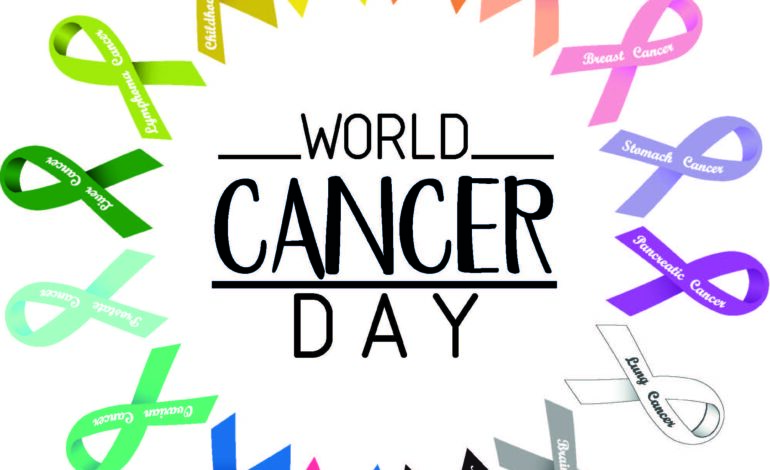
Cancer continues to be one of the leading causes of death. No part of the world has been spared the impact of Cancer. Worldwide, cancer is the second leading cause of death, causing one-sixth of all deaths. In 2020, there were 19.3 million new cancer cases, with breast, lung, prostate, skin and colon cancers being the most common; and there were 10 million cancer deaths in that same year.
In the Caribbean, cancer is the second leading cause of death, accounting for a fifth of all deaths. In 2020, over 100,000 new cancer cases and over 65,000 cancer deaths in the Caribbean were estimated. Female breast cancer accounted for the most cancer cases in the Caribbean (15%), while lung cancer caused the most cancer deaths (12%). Prostate, colorectal and stomach cancers are also common.
The COVID-19 pandemic has further impacted health care systems resulting in disruption of services for cancer screening, diagnosis and treatment services. Furthermore, cancer patients are often immunocompromised, which puts them at higher risk for severe disease and death from COVID-19 infection. People with cancer are encouraged to protect themselves against exposure to the COVID-19 virus and to get vaccinated.
The IARC Caribbean Cancer Registry Hub (“Caribbean Hub”), based at CARPHA Headquarters in Trinidad, provides technical support to increase the availability, quality and population coverage of population-based cancer registries in the Caribbean through training, research, targeted technical support, and advocacy.
Through the Caribbean Hub, cancer registration activities in several Caribbean countries are being strengthened. Better quality cancer data provides more reliable evidence to support decision making for cancer prevention and control at the national and regional levels.
CARPHA is also engaged in initiatives to address the risk factors associated with increased cancer risks, including poor nutrition and the consumption of harmful substances such as alcohol and tobacco. The Agency supports regional efforts to reduce the threats posed to Caribbean people by unhealthy diets, obesogenic food environments and the harmful use of alcohol.
World Cancer Day 2022 is the first year of the three-year theme “Close the Care Gap”. This campaign seeks to close the equity gaps in cancer outcomes between people with different social determinants of health, such as race/ethnicity, income level, gender and geographical location.
To help address these issues, a whole of society approach is needed. Collectively we can create change. We need to close the gap in inequities, which affect if persons are getting the right cancer care at the right time. This means taking action and committing to health equality. Primary health care delivered in communities needs to be strengthened; social and economic factors that negatively affect people’s health need to be addressed through policy and programmes, and investments in health care systems and national programmes are needed.
Governments are urged to support and advocate for the collection and dissemination of high-quality data on cancer incidence, mortality, and treatment to ensure evidence-based decision-making for improvements to national cancer control programmes. Additionally, Government investments in strategies can help improve cancer outcomes, such as universal health coverage, primary care, early detection, timely referral mechanisms, effective treatment, and palliative care.
A person’s risk of developing cancer can be substantially reduced through the adoption of healthy lifestyles and the practice of suitable health seeking behaviours. Up to 50% of cancer cases are preventable, and 27% of cancers relate to alcohol and tobacco use.
Adopting healthier behaviours can help to reduce your risk of cancer.
• The less alcohol you drink, the lower your risk of cancer.
• Avoid tobacco products and exposure to second-hand smoke.
• Increase physical activity
• Eat more nutritious foods
Cancer is a critical public health concern. When we unite, when we collaborate, change is within reach. When we act, there is progress, impact and equity.





